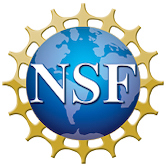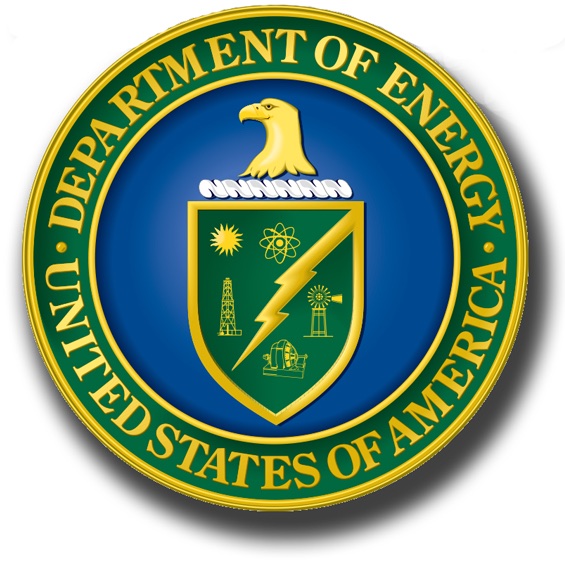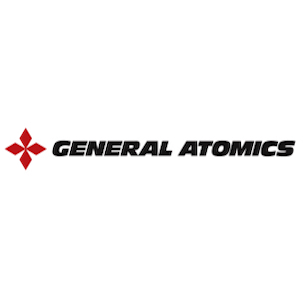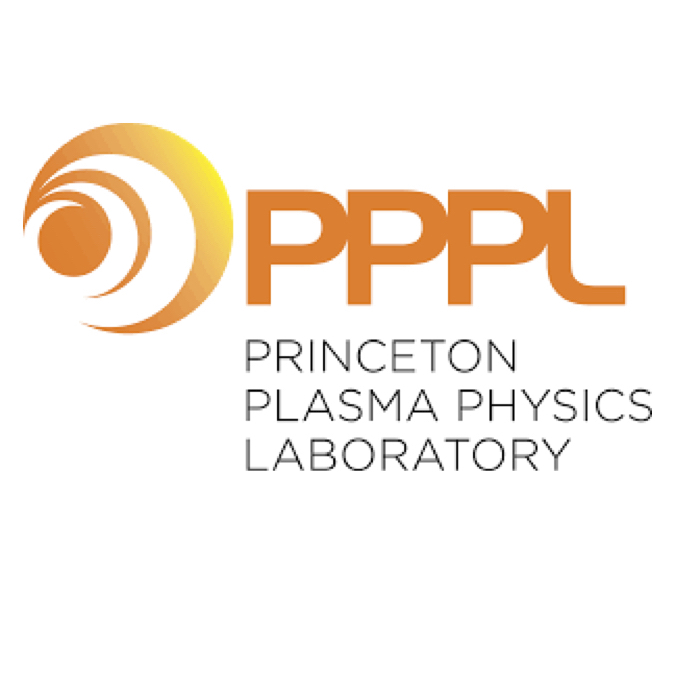KSTAR Overview
W.H. Ko, (E. Schuster), et al. (Collaboration Paper)
Division of Plasma Physics (DPP) Annual Meeting of the American Physical Society (APS)
Spokane, WA, USA, October 17-21, 2022
KSTAR focused on exploring the key physics and engineering issues of
the high beta steady-state operation for ITER and future fusion reactors
utilizing unique capabilities of KSTAR. Most of all, an advanced scenario
was developed targeting steady-state operation and significant progress h
as been made in shape and heating control to address the stationary high
ion temperature, hybrid, double barrier and high beta scenario with
beta_N~3 and newly observed I-mode-like regime. KSTAR advanced operation
scenario have shown that the electron cyclotron current drive mitigated and
suppressed the beam-ion driven toroidal Alfv´en eigenmodes (TAEs) for
over several tens of global energy confinement time.
Symmetric multiple Shattered Pellet Injections (SPIs) for ITER disruption
mitigation operation uniquely demonstrated for its performance in KSTAR.
The real time DECAF (Disruption Event Characterization and Forecasting)
validated the real time disruption event characterization and forecasting
events on KSTAR.
In recent KSTAR 3D magnetic field experiments, ELM optimization and
automatic control techniques such as adapted ELM controller and
Machine Learning algorithm in order to suppress ELM successfully
implemented in KSTAR PCS. Machine learning algorithm successfully
suppressed nearly complete ELM-crash with the first ELM. Machine learning,
adaptive ELM controller and ERMPs applied to RMP-driven ELM suppression
experiments with long pulses for ITER operation.
To enhance understanding of the fundamental processes, the KSTAR research
also focused on interaction of island and turbulence in pedestal with
complexity-enthropy and the dynamics of turbulence based on broadband
ECE diagnostics.
*This research was supported by R&D Program of "KSTAR Experimental
Collaboration and Fusion Plasma Research (EN2201-12)" through the Korea
Institute of Fusion Energy (KFE) funded by Korea Ministry of Science
and ICT (MSIT).







